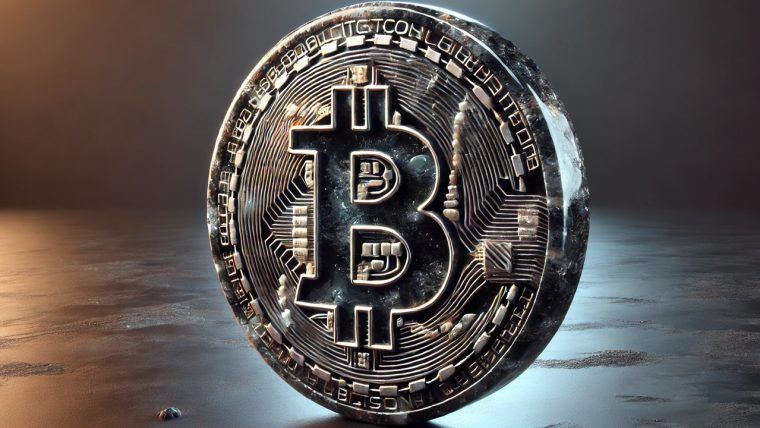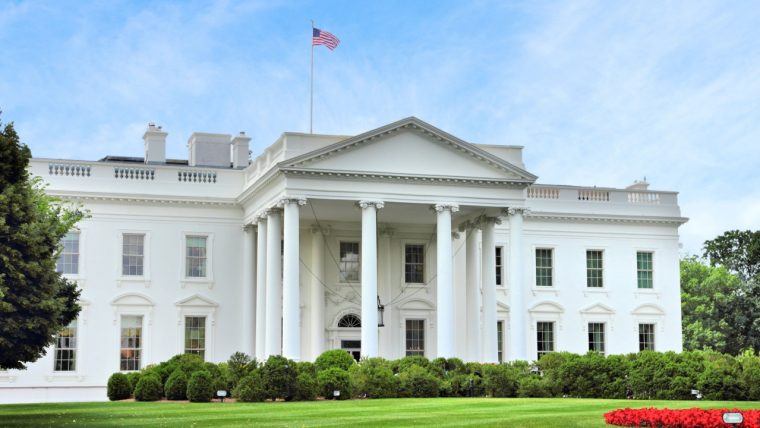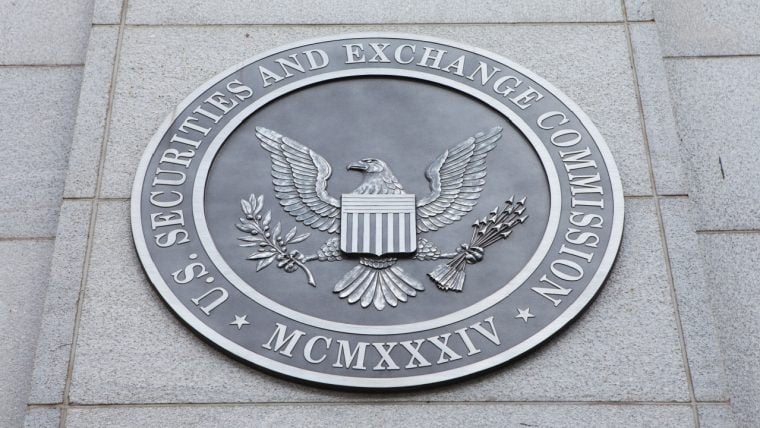蚂蚁集团发布企业级L2区块链解决方案,支付宝庞大用户基础或推动以太坊流量激增?
蚂蚁集团推出基于以太坊的L2区块链Jovay,以合规架构与AI技术推动现实世界资产(RWA)上链,有望将其14亿支付宝用户生态接入以太坊金融体系。
Ant Group has launched Jovay, an Ethereum-based Layer 2 (L2) blockchain, leveraging a compliant architecture and AI technology to facilitate the onboarding of real-world assets (RWA) onto the blockchain. This initiative aims to connect its ecosystem of 1.4 billion Alipay users to the Ethereum financial ecosystem.
 Analysis
Analysis
In the wave of digital finance, Ant Group has once again made a significant move. On October 14, 2025, this Chinese fintech giant that operates the Alipay payment network serving 1.4 billion users officially launched Jovay — a new second-layer (L2) blockchain built on Ethereum. Jovay aims to achieve a transaction speed of 100,000 TPS, with the goal of transferring real-world assets (RWA) onto the blockchain at an institutional scale. This not only demonstrates Ant Group's deep strategic commitment to the Ethereum ecosystem but also signals potential disruptive shifts in global financial infrastructure. When 1.4 billion Alipay users intersect with Ethereum’s DeFi ecosystem, how will China's financial giant reshape the global financial landscape?
1. Jovay Debuts: Ant Group’s “Compliance-First, AI-Assisted” L2 Network
Ant Group’s blockchain division, Ant Digital, describes Jovay as a “compliance-oriented, AI-assisted expansion network,” designed to integrate real-world data and value flows into decentralized finance (DeFi).
Technological Innovation: Jovay employs a hybrid proof system combining zero-knowledge proofs and optimistic proofs, ensuring scalability and verifiability. During testing, the network achieved 15,700 to 22,000 TPS, with aspirations to reach 100,000 TPS through node clustering and horizontal scaling. This significantly surpasses current Layer-2 solutions in Ethereum’s ecosystem, such as Coinbase-supported Base, which processes around 93 TPS.
Core Focus on RWA: The primary goal of Jovay is to bring real-world assets onto the chain. Its model includes five stages: registration, structuring, tokenization, issuance, and trading. Each step incorporates verification checkpoints and off-chain data proofs, providing regulatory bodies with oversight comparable to traditional finance systems.
Enterprise-Grade Applications: The platform is intentionally launched without native tokens, emphasizing enterprise and institutional adoption rather than retail speculation. By integrating AntChain’s enterprise registry with Ethereum, Jovay enables license-holding institutions and on-chain liquidity providers to settle transactions bilaterally. For example, banks issuing digital bonds on Jovay can settle immediately with DeFi counterparties without exposing internal data or violating regulatory controls.
2. Ant Group’s Macro Bet: Ethereum’s “Quiet Victory”
Ant Group’s entry into Ethereum marks a fundamental shift in how global fintech perceives blockchain risks.
Validating Public Infrastructure: For years, major firms favored permissioned ledgers like Hyperledger to avoid volatility and public chain risks. However, with increasing government and financial institution support for public blockchains like Ethereum—driven by strategic interests—this perception is changing. Building Jovay on Ethereum rather than a private chain effectively validates public infrastructure as a basis for institutional financing.
Mitigating Tech Silos & Enhancing Interoperability: This move aims to reduce technological isolation and promote interoperability. Assets minted on Jovay are, in principle, accessible via Ethereum’s $100 billion DeFi ecosystem, creating seamless integration opportunities.
Cost Efficiency: Since its launch in 2023, Coinbase-supported Base network has contributed less than $5 million in blobs and settlement fees to Ethereum’s main layer, yielding approximately 98% profit margins compared to independent chains facing higher verifier costs. For Ant Group, this means offering cost-effective settlement solutions to its billion-scale user base.
Institutional Trust Building: Jovay’s debut also reflects Ethereum’s gradual acceptance among institutional players. Once seen as volatile and experimental, Ethereum now serves as a neutral settlement layer trusted by banks and fintech giants without sacrificing control.
3. The Convergence of 1.4 Billion Alipay Users and Web3: The Next Generation of Financial Infrastructure
Alipay’s monthly active users reach 1.4 billion, managing trillions of yuan in annual transaction volume. Even a small migration of activities to Jovay and Ethereum could position the network as one of the most critical infrastructure bridges in global finance.
Next-Phase Financial Building Blocks: Abbas Khan, the founding manager of Ethereum Foundation, states: “This isn’t just an experiment by a startup. It’s a signal that the next phase of global finance is being built on Ethereum.” He emphasizes that in China, Alipay is not merely an app but an infrastructure layer supporting daily life, payments, loans, insurance, identity verification, mobility, and more. Now, Ant Group is migrating this foundational infrastructure onto the blockchain.
Immense Potential of RWA: If Jovay gains momentum, the tokenization of financial assets on Ethereum could surpass current niche markets. New asset classes—such as energy credits and municipal bonds—could fill the blockchain with increased demand for ETH’s space and liquidity routing.
Next Billion Users: Khan suggests that the next billion users won’t come from meme coins or yield farming. Instead, they will arrive as their assets, savings, and credit products quietly shift onto Ethereum-compatible chains, driven by mainstream financial activities.
4. Synergies in Jack Ma’s Web3 Ecosystem
Jack Ma was previously the controlling owner of Ant Group, but since the end of 2023, Ant Group has transitioned to a state with no controlling parent, meaning Ma no longer holds control. Nevertheless, Jovay’s launch creates synergies with other Web3 initiatives associated with Ma.
YunFeng Finance’s ETH Reserves: In September, Ma’s indirectly held YunFeng Finance announced it approved the purchase of ETH as a reserve asset. Since then, the group has acquired 10,000 ETH on the open market at a total cost of about $44 million. Holding ETH aligns with its Web3 strategy, helping optimize asset structure and reduce dependence on fiat currency.
Conclusion:
The emergence of Ant Group’s L2 “Jovay” marks a milestone for Ethereum’s ecosystem and the global digital finance landscape. It integrates Ant’s vast user base and financial capabilities with Ethereum’s decentralized ethos, under a “compliance-first, AI-assisted” framework, creating novel solutions for RWA tokenization and institutional on-chain finance. Success of Jovay could accelerate the reformation of global financial infrastructure, propel Web3 adoption from virtual to real-world economies, and usher in a new era of more efficient, transparent, and inclusive digital finance for the 1.4 billion Alipay users.
Related Reading:
Jack Ma enters new Web3 sectors such as crypto insurance—what key signals are being sent?
-

-

-

-

-

-

-

-

-

-

-

-











